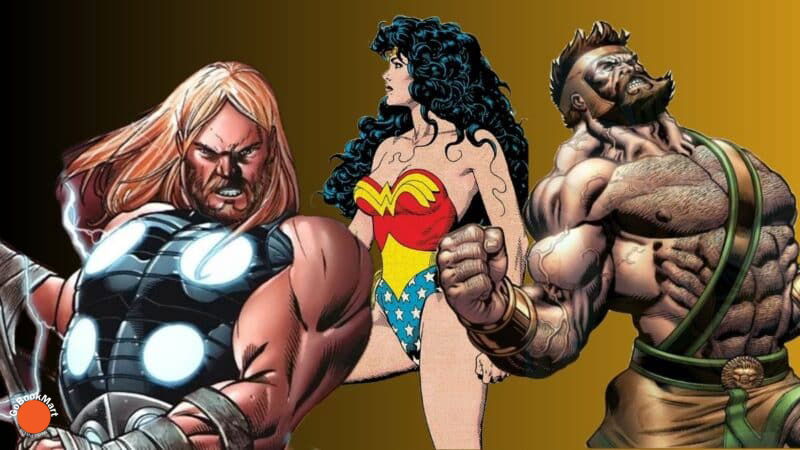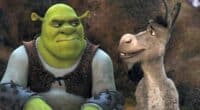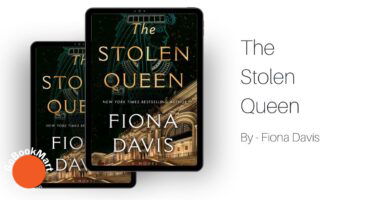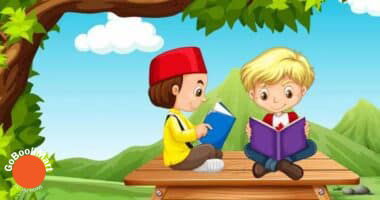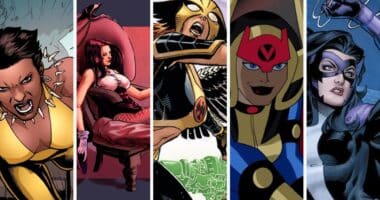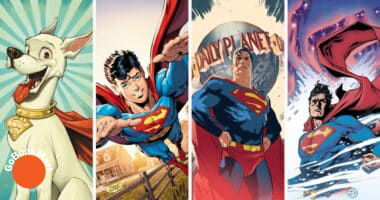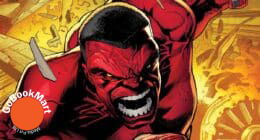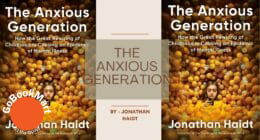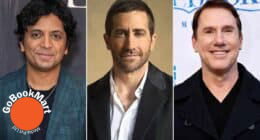Superheroes have become a cornerstone of modern pop culture, but did you know that many of them owe their origins to ancient mythologies? For centuries, stories of gods, demigods, and legendary heroes have shaped human imagination, and it’s no surprise that these tales have heavily influenced comic book creators. By diving into the mythologies that inspired our favorite superheroes, we can see how ancient stories laid the groundwork for today’s larger-than-life characters.
Greek Mythology: The Original Superhero Blueprint
Greek mythology is like a goldmine for superhero inspiration. Take Wonder Woman, for example. Created by William Moulton Marston in 1941, she’s a literal Amazon princess. Her backstory—being sculpted from clay and brought to life by Zeus—is straight out of Greek myth. The Amazons, fierce warrior women, were a major part of Greek storytelling, and Wonder Woman carries that legacy forward with her superhuman strength and unyielding sense of justice.
Then there’s Hercules, who’s pretty much a superhero already in his original mythological form. He’s so iconic that both Marvel and DC couldn’t resist adapting him. Marvel’s Hercules is a fun-loving powerhouse with a knack for getting into trouble, while DC’s version often crosses paths with Wonder Woman. Either way, his godlike strength and heroic quests make him a natural fit for the superhero genre.
Norse Mythology: Gods Among Us
Norse mythology also plays a starring role in superhero lore, especially with Marvel’s Thor. Created by Stan Lee, Larry Lieber, and Jack Kirby in 1962, Thor is the God of Thunder brought to life in comic form. Everything from his enchanted hammer, Mjolnir, to his home in Asgard is lifted straight from Norse myths. What makes Thor stand out is how Marvel managed to modernize his character while staying true to the grandeur of the original tales.
And then there’s Loki, Thor’s mischievous brother. Loki’s complex personality—a mix of trickery, ambition, and unexpected vulnerability—comes directly from Norse mythology. Whether he’s causing chaos or teaming up with Thor, Loki’s mythological roots give him depth that resonates with fans.
Egyptian Mythology: Mystical Powers and Eternal Themes
Egyptian mythology, with its rich symbolism and focus on the afterlife, has inspired some fascinating superheroes. Look at Moon Knight, a Marvel character created by Doug Moench and Don Perlin in 1975. His alter ego, Marc Spector, is resurrected by Khonshu, the Egyptian moon god, and becomes his avatar. Moon Knight’s connection to Egyptian mythology adds layers of mysticism and intrigue to his character.
Another great example is Hawkman. Depending on the version, his origins often tie back to ancient Egypt. Carter Hall and Shiera Sanders, two popular iterations of Hawkman and Hawkgirl, are reincarnated souls cursed to live and die together throughout time. This theme of eternal love and rebirth echoes the spiritual focus of Egyptian myths.
Hindu Mythology: Cosmic Adventures
Hindu mythology might not get as much direct representation, but its influence can still be felt in superhero stories. Take Doctor Strange, for instance. While not explicitly tied to Hindu deities, his mystical powers and exploration of alternate dimensions feel like they’re channeling the cosmic scale of Hindu epics like the Mahabharata. Themes of enlightenment, balance, and duty often appear in his adventures, reflecting the broader spiritual lessons found in Hindu myths.
Mesopotamian Myths and Other Ancient Influences
Let’s not forget Mesopotamian mythology, home to one of the earliest recorded heroes: Gilgamesh. The Epic of Gilgamesh tells the story of a king with godlike strength who embarks on a journey of self-discovery. While no superhero directly mirrors Gilgamesh, his story embodies the heroic archetype that characters like Batman and Superman echo. They’re all about wrestling with their own humanity while striving to protect others.
Biblical and Religious Inspirations
Religion has also left its mark on superhero stories. Superman, for example, is often seen as a Christ-like figure. His origin story—being sent away as a baby to save him from destruction—parallels the story of Moses. And his role as a savior figure reflects Christian themes of sacrifice and redemption.
The X-Men series, created by Stan Lee and Jack Kirby, taps into religious themes, too. Characters like Nightcrawler openly grapple with faith, while the team as a whole represents themes of acceptance and persecution, much like biblical stories of exile and salvation.
Why Mythology Matters in Superhero Stories
So why do comic book creators keep turning to mythology? It’s simple: these stories are timeless. Myths were some of humanity’s first ways of making sense of the world, and they’re packed with universal themes—good vs. evil, sacrifice, redemption, and the quest for identity. Superheroes tap into these same themes, giving us modern-day myths that resonate with today’s audiences.
The archetypes we see in mythology—the hero, the trickster, the wise mentor—are all alive and well in superhero stories. Batman’s dark, brooding nature makes him the archetypal flawed hero, while characters like Loki or the Joker embrace the chaos of the trickster. These parallels show that, at their core, superheroes are simply new interpretations of age-old stories.

